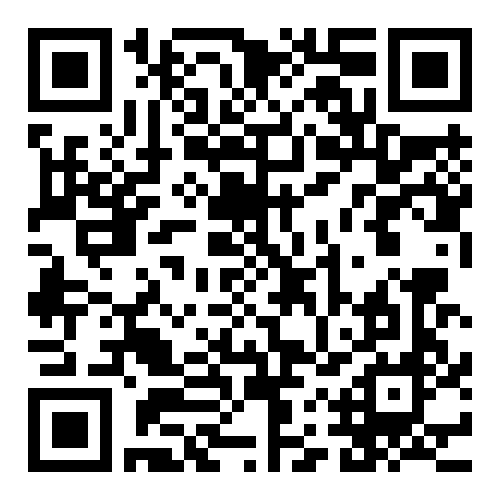What is DRUG OF ABUSE ( DOA ) URINE - MARIJUANA?
Marijuana testing detects evidence of marijuana use. Marijuana, also known as cannabis, is a plant that produces compounds called cannabinoids, such as THC. Cannabinoids have varying effects on the body and may be consumed for medical and recreational purposes.
Marijuana testing is most often performed on a sample of a person’s urine, but may also use samples of blood, saliva, or hair. Testing for marijuana use may be considered for a variety of purposes, including medical screening and employment testing.
Although marijuana use can be tested alone, this test is often combined with other substances as part of a broader screening panel, such as a 10-panel drug test. Positive results of screening panels should be confirmed by a second, more specific confirmation test.
Purpose of the test
A marijuana test is used to detect evidence of marijuana use. Testing for marijuana and other drugs may be performed for many reasons:
- Medical screening: Although it’s not common to screen hospitalized patients for drug use, marijuana testing may be used to assess patients in specialty medical settings, such as psychiatric care and substance use treatment programs.
- Employment testing: Workplaces may require that applicants be tested for the use of marijuana and other drugs. Testing is required by federal law in some workplaces, including transportation and other safety- and security-sensitive industries.
- Military testing: Random drug tests are required by the Department of Defense for members of the military. Drug tests can be ordered at other times, including when a commander believes a service member is using drugs or after a safety issue or accident.
- Athletic testing: Drug testing may also be required for professional athletes. The U.S. Anti-Doping Agency prohibits cannabinoids for competing athletes, regardless of the legality of marijuana in the location of the competition.
- Legal and forensic testing: Testing for marijuana and other drugs may be conducted in a court case or investigation. For example, drug testing may provide evidence of a crime such as child abuse or endangerment.
What does the test measure?
Drug testing for marijuana measures cannabinoids or cannabinoid metabolites in a sample of a person’s blood, hair, saliva, or urine. Metabolites are substances created while the body is breaking down a drug. Marijuana produces over 100 cannabinoids, but only a few cannabinoids and their metabolites are measured in marijuana testing.
Marijuana tests usually measure delta-9-THC, the primary psychoactive cannabinoid in marijuana, and/or its metabolites. Other cannabinoids, including cannabidiol (CBD), are less frequently included in marijuana testing.
Synthetic cannabinoids are man-made chemicals, produced and sold as an alternative to marijuana. While many users believe that synthetic cannabinoids are safe, these products may cause severe illness or even death. Initial urine drug screening tests do not detect synthetic cannabinoids.
When should I get a marijuana test?
Marijuana testing may be required during pre-employment testing and as a part of drug screening ordered by courts and other organizations.
Many federal employees are required to have regular drug testing as part of a drug-free workplace policy. Drug-free workplace programs are implemented in a variety of federal industries, including transportation and national security. Law enforcement officers and emergency service providers may also be required to undergo drug testing as part of a drug-free workplace program.
Drug testing requirements are impacted by federal, state and local laws. Although over half of states have legalized medical or recreational marijuana use, employers and other organizations may still penalize individuals for using marijuana. Marijuana remains illegal under federal law.

